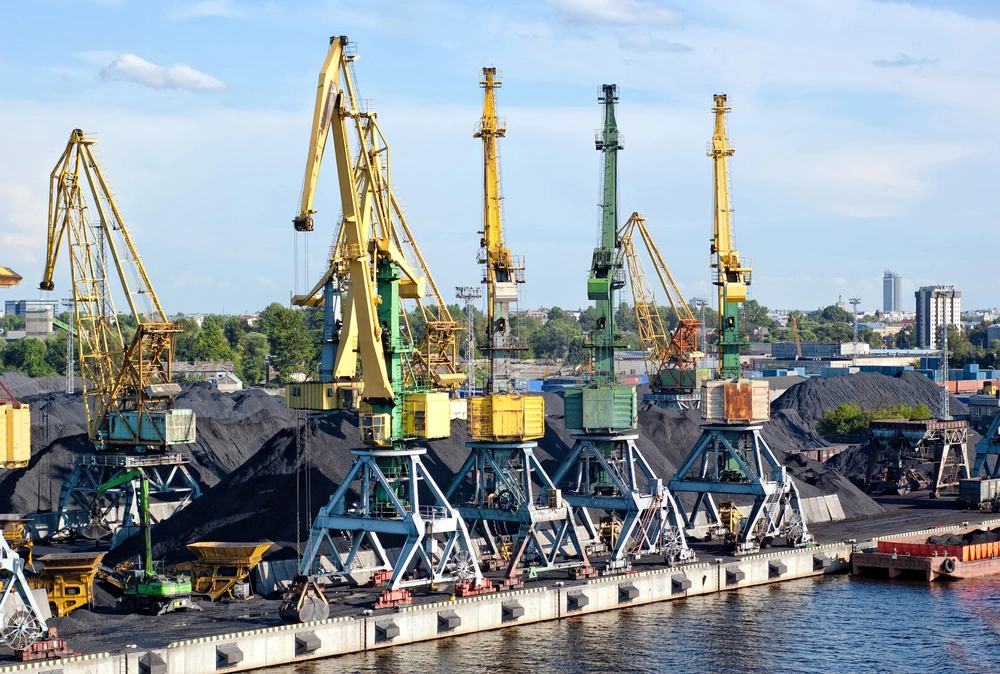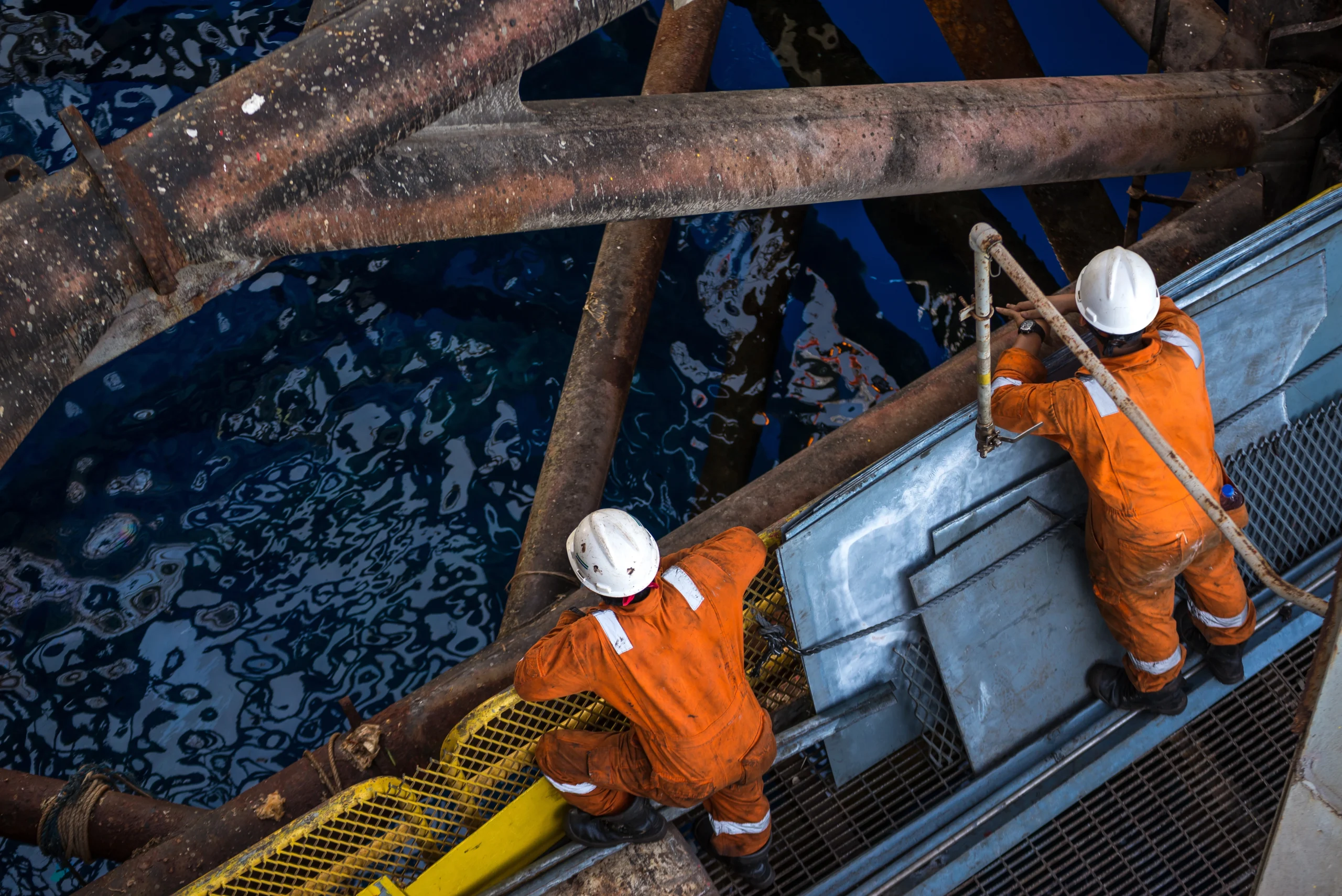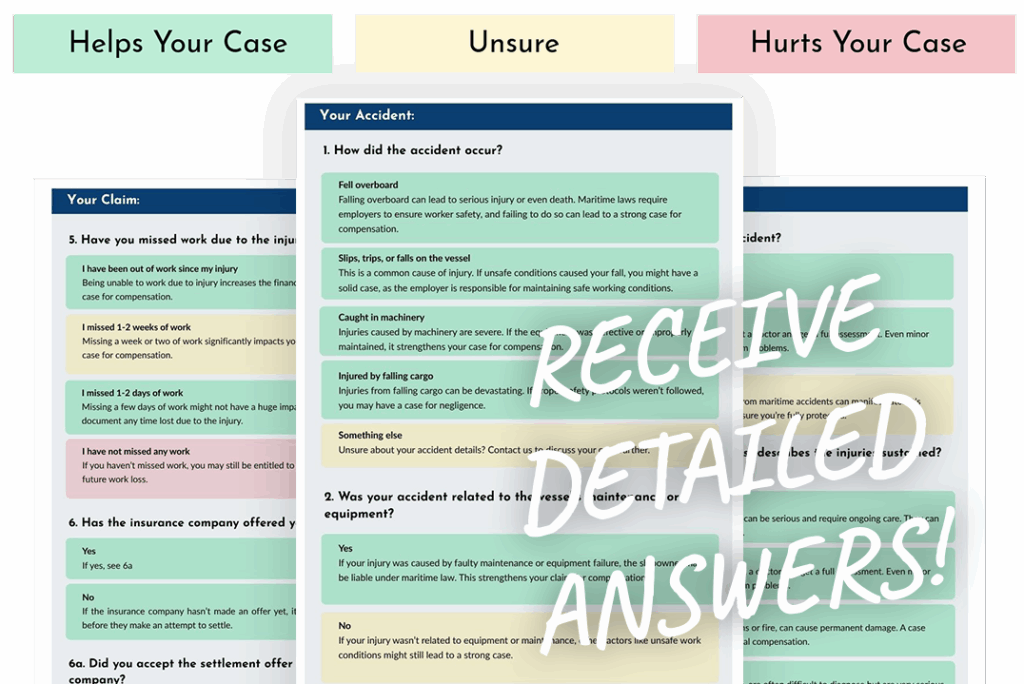The Death on the High Seas Act
Over $1 Billion Recovered for Maritime Accident Victims. We are proud to have a reputation for aggressively fighting for the rights of injured workers.
New Orleans DOHSA Lawyers – Help After a Death on the High Seas
Losing a family member in an accident at sea is heartbreaking. When a fatal accident happens far from shore (more than 3 nautical miles out), a specific federal law called the Death on the High Seas Act (DOHSA) usually determines the family’s legal rights.
DOHSA sets the rules for who can file a claim and, very importantly, what kind of money (“damages”) the family can recover. Dealing with a DOHSA claim takes lawyers who really understand this specific law and how it works with other maritime rules. Lambert Zainey is a trusted New Orleans maritime law firm with deep experience handling difficult DOHSA cases. We offer compassionate support and strong legal action for families seeking justice and financial help after losing someone on the high seas.
Lost a Loved One at Sea? Understand Your Rights Under DOHSA.
On This Page
What is the Death on the High Seas Act (DOHSA)?
The Death on the High Seas Act (DOHSA) is a federal law passed way back in 1920. It creates a way for families to seek justice when someone dies because of a wrongful act, neglect, or default that happens on the “high seas.” It was made so there would be one main rule for deaths happening far offshore, outside of state waters.
The key thing about DOHSA is where it applies: it covers deaths caused by incidents more than 3 nautical miles away from the coast of the U.S. or its territories.
When Does DOHSA Apply? (How Far Offshore?)
DOHSA generally applies if:
Location: The wrongful act that caused the death happened beyond 3 nautical miles from the U.S. shore. (Important Note: For plane crashes over the ocean, it’s beyond 12 nautical miles).
Type of Accident: It can cover deaths from many kinds of maritime accidents out there, like:
Who Can File a DOHSA Lawsuit for the Family?
Individual family members usually don’t file the DOHSA lawsuit directly. Instead, the case must be brought by the Personal Representative of the person who passed away (this person is often named in a will or appointed by a court).
The Personal Representative files the lawsuit on behalf of the surviving family members who depended financially on the person who died. These “beneficiaries” usually include:
Any money recovered is then divided among these family members based on the financial support they lost.
What Needs to Be Proven? (Showing Fault)
To win a DOHSA case, the Personal Representative has to prove the death was caused by someone else’s wrongful act, neglect, or default out on the high seas. Basically, you need to show that someone was careless (negligent) or that something was dangerously wrong (like an unsafe vessel condition), and that this caused the fatal accident. Examples include:
Lambert Zainey investigates deeply to find out what went wrong and prove who was responsible.
Over $1 Billion Recovered for Maritime Accident Victims
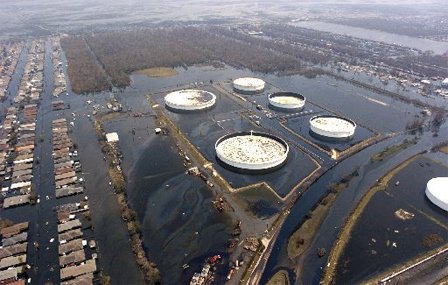
Oil storage tank rupture at the Murphy Oil USA refinery in Chalmette, LA. The fastest class certification and resolution of a case of its type and magnitude to date.
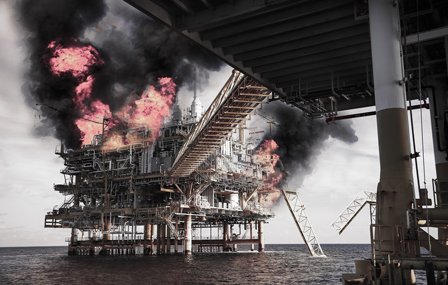
Arco cryogenic platform explosion caused by improper cold cut of Southern Natural Gas pipeline. Settlement for the injured and deceased in approximately twelve months.
Money Recoverable Under DOHSA: Mainly Financial Losses
This is a very important and often difficult part of DOHSA. Unlike some state laws or Jones Act death claims for seamen, DOHSA usually limits the money families can recover mostly to “pecuniary losses.”
What are “Pecuniary Losses”?
These are the financial losses the family suffered because their loved one died. This can include money for:
What Can Families Usually Not Recover Money For Under DOHSA?
DOHSA generally does not allow families to recover money for non-financial losses, such as:
Important Note for Jones Act Seamen: If the person who died was a seaman covered by the Jones Act, their family might be able to get some of these non-financial damages (like pre-death pain and suffering) through a Jones Act claim, even if the death happened far offshore. How these laws work together is complicated, and you need experienced lawyers to figure it out.
How is DOHSA Different from a Jones Act Death Claim?
Knowing the difference matters, especially if a seaman died:
|
Question |
DOHSA Claim |
Jones Act Death Claim (Seaman) |
|
Who Died? |
Anyone (passenger, worker, etc.) |
Only “Seamen” (crew members) |
|
Where? |
Beyond 3 NM offshore |
Anywhere (close to shore or far out) |
|
Why? |
Any wrongful act, neglect, default |
Employer’s Negligence |
|
What Money? |
Mostly Financial Losses Only |
Financial Losses + Maybe Emotional Losses (like pre-death pain/suffering) |
|
Who Sues? |
Personal Rep for family |
Personal Rep for family |
If a Jones Act seaman dies far offshore because their employer was careless, the family might have claims under both DOHSA and the Jones Act. Lambert Zainey knows how to handle these overlapping cases.
Is There a Deadline for DOHSA Claims? (Statute of Limitations)
Yes. Generally, a DOHSA lawsuit must be filed within three years from the date the person died. If you miss this deadline, your family will likely lose the right to file a claim forever. It’s critical to talk to a lawyer well before this time runs out.
Why Choose Lambert Zainey for Your DOHSA Case?
DOHSA cases are tough legally and emotionally. You need lawyers who understand:
Common Questions About DOHSA Claims
Losing a loved one at sea is heartbreaking and confusing. This section covers common questions about DOHSA to help families understand their options and take the right steps forward.
What Our Clients’ Say About Us
NATIONALLY RECOGNIZED ATTORNEYS
CONTACT US
Our experienced attorneys are here to guide you through every step of the process, from initial consultation to settlement or trial.
Free Case Review
Fill out the form below to contact Lambert Zainey and schedule a free, confidential consultation and discuss your case with an experienced attorney.


